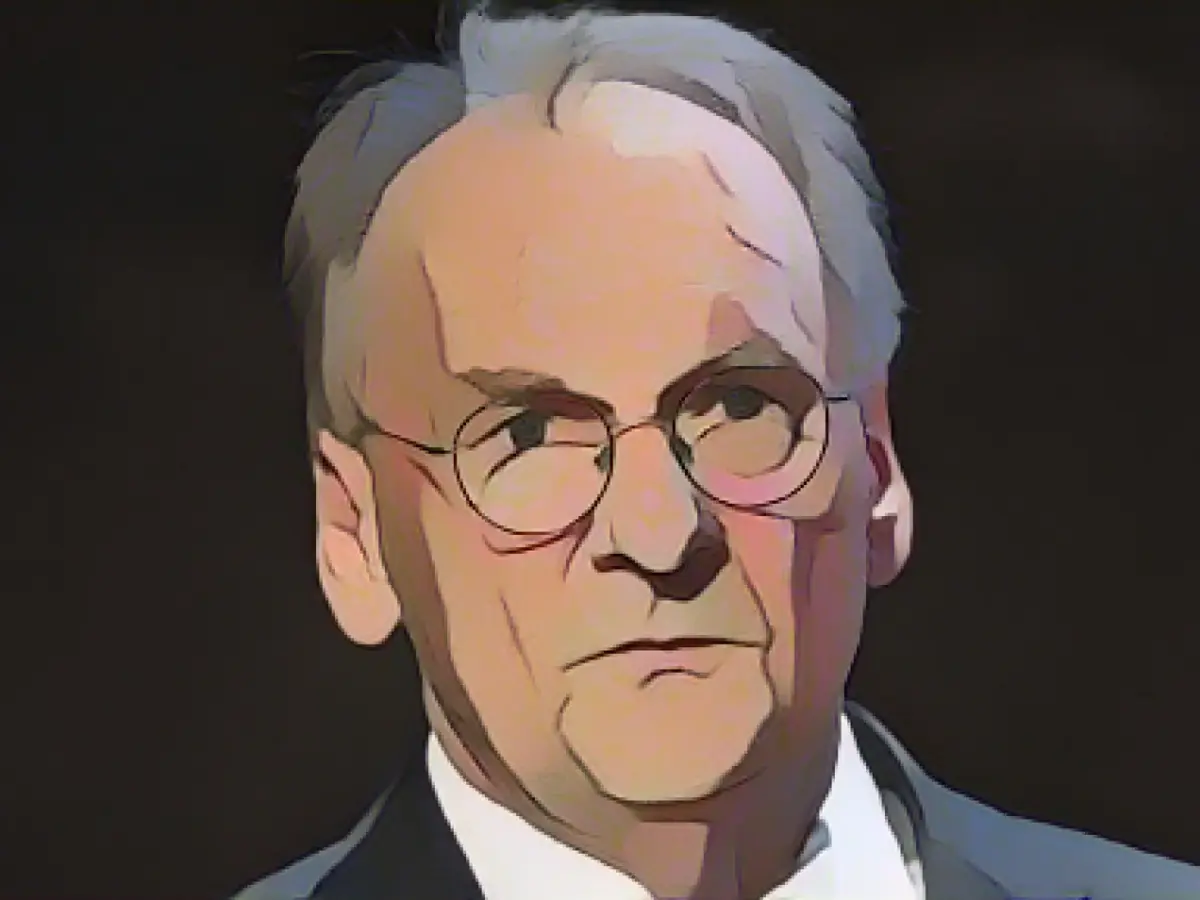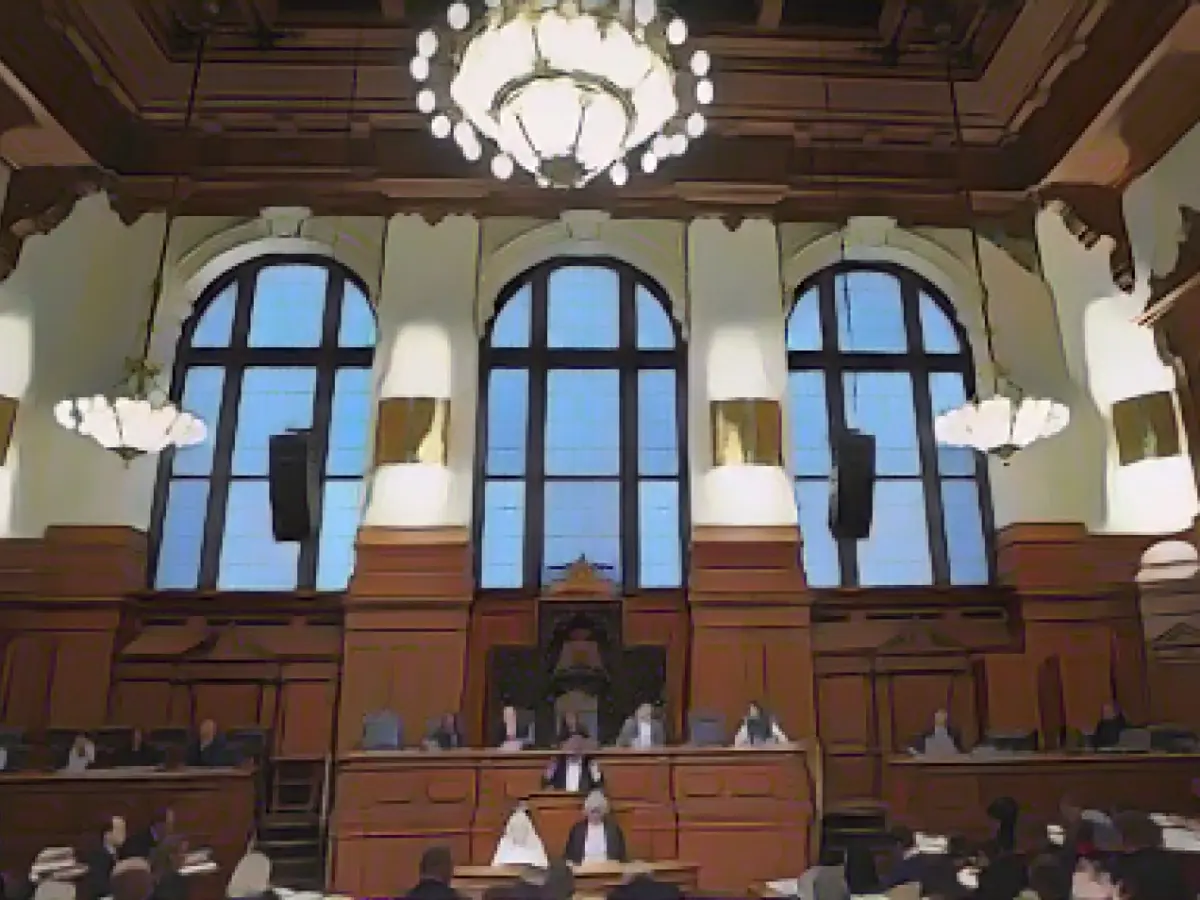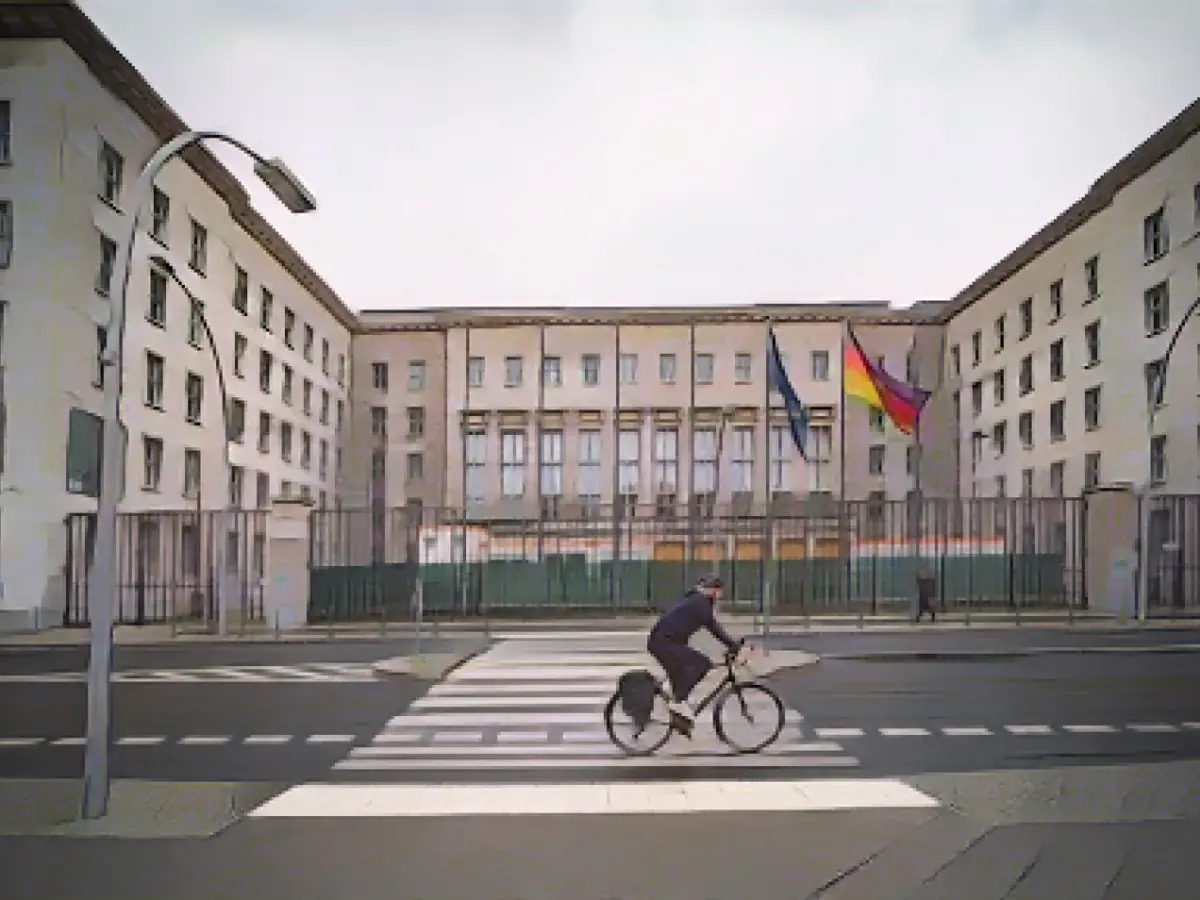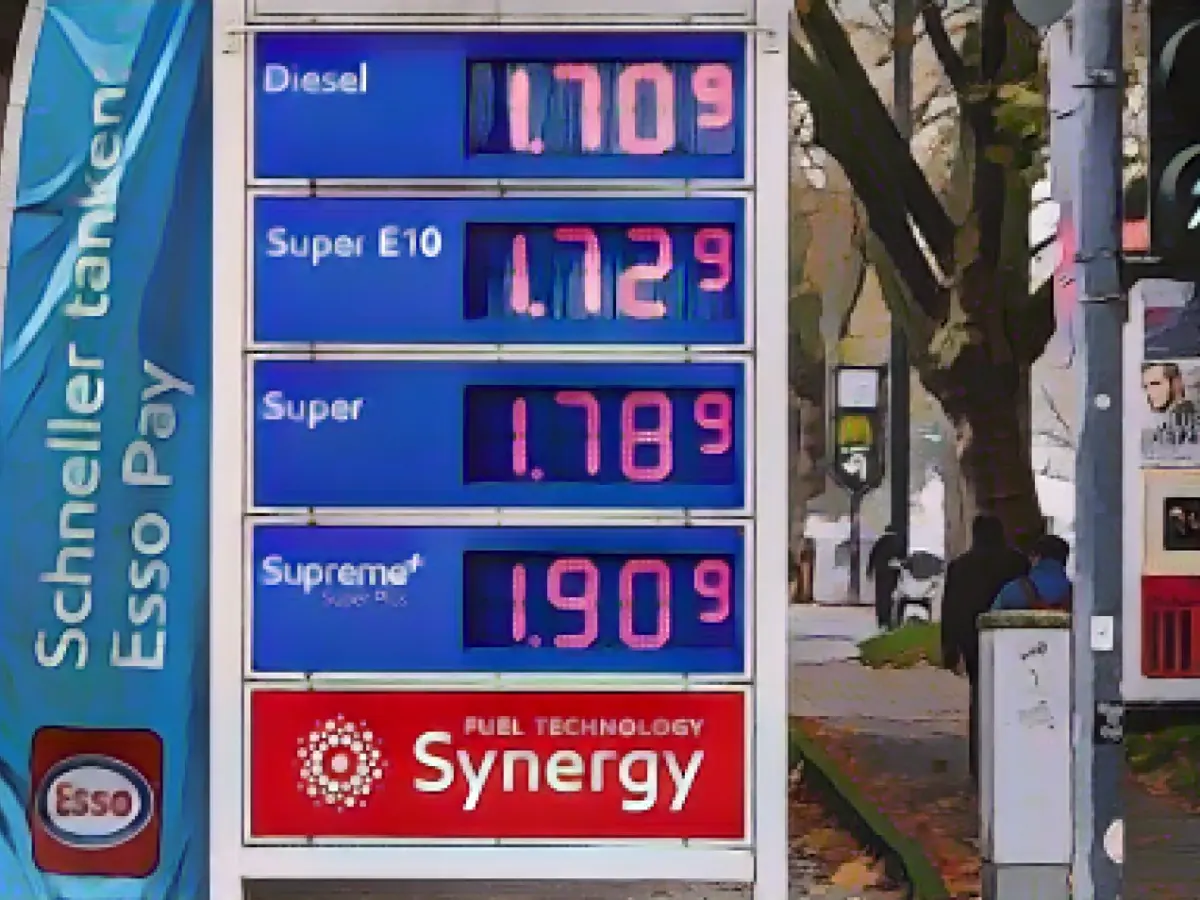Budget Crisis and Reiner Haseloff's Stance on Taxes
Amidst the current financial turmoil, Saxony-Anhalt's Minister President, Reiner Haseloff, has ruled out any tax hikes. The minister, a CDU politician, voiced his strong opposition in an interview with "MDR Aktuell." The German economy is grappling with inflation and skyrocketing energy prices, which would further dampen the GDP if taxes were increased. "I absolutely reject this," Haseloff stated emphatically.
The opposition to tax increases is shared by FDP Finance Minister Christian Lindner. Following a ruling by the Federal Constitutional Court, the SPD leader, Lars Klingbeil, had previously questioned the agreement made in the federal government's coalition agreement. However, the SPD, Greens, and FDP had agreed to forgo tax hikes, according to Klingbeil.
The budget crisis emerged from a judgment by the Federal Constitutional Court, where 60 billion euros in the 2021 budget was declared invalid. The money was initially approved as a coronavirus loan but later intended for climate protection and economic modernization. The court also ruled against setting aside emergency loans for later years, which has significantly added to the government's financial woes.
Breaking Down the Budget Crisis
The German budget crisis is a complex issue, influenced by multiple factors, including political party positions and the impact of the Federal Constitutional Court's ruling on coronavirus loan reallocation.
Impact of the Debt Brake
The debt brake (Schuldenbremse) is a stringent constitutional rule limiting the central government's budget deficit to 0.35% of GDP. This constraint has made it challenging to cater to rising healthcare, pension, and defense costs, as well as calls for increased defense spending.
Political Party Positions
The SPD and Greens support debt-funded investments, while the CDU and FDP prefer to maintain the debt brake, hoping for higher economic growth and implementing tax cuts. The extreme-right AfD, however, could potentially form a blocking minority, impeding significant reforms.
Ruling on Coronavirus Loan Reallocation
The Federal Constitutional Court's ruling on coronavirus loan reallocation has not directly addressed tax increases but highlights the necessity of fiscal discipline. It has also intensified budget negotiations and led to the collapse of the ruling coalition in 2024.
Economic Implications
Strict adherence to the debt brake might deepen the economic crisis, as it restricts the government's capacity to respond to rising costs and initiate new spending initiatives. The need for substantial investments in healthcare, pensions, and defense creates a difficult environment for any administration, with estimates for investment proposals varying widely.
Future Outlook
Reform to the debt brake seems likely to alleviate the crisis, unless the AfD forms a blocking minority. The upcoming German election will influence the future of the debt brake and the country's overall economic strategy. The election campaign faces a lack of clarity regarding financing plans, with centre-left parties advocating for debt-funded investments and centre-right parties emphasizing deregulation and tax cuts.
References: [1] Die Welt [2] Spiegel Online [3] Deutsche Welle [4] Der Spiegel [5] Handelsblatt Global
Given the complexity of the German budget crisis, it is essential to consider numerous interconnected factors, enabling potential solutions to address the challenges ahead.








